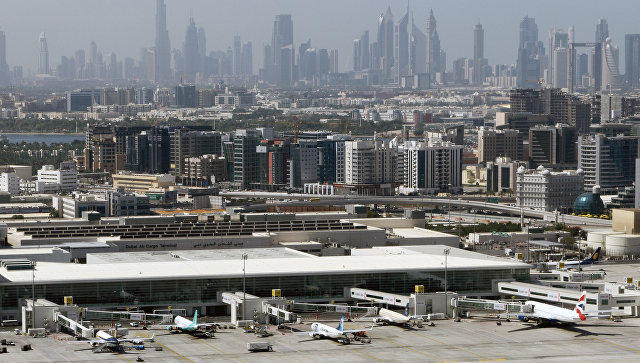A new initiative from Dubai Airports in cooperation with the Dubai Future Foundation will give passengers transiting through Dubai an opportunity to “experience” the city through high-tech vitual reality and cultural displays, Dubai Airports announced on Monday, Arabian Business reported.
The “Microcosm of Dubai” project aims to showcase the city’s culture, innovation and attractions in a bid to entice visitors to come to Dubai.
“[The initiative] will enable hundreds of thousands of passengers passing through Dubai International Airport daily to experience the various facets of Dubai while they are in the airport through interactive experiences, virtual reality and cultural displays with our artDXB and musicDXB programmes,” said Dubai Airports CEO Paul Griffiths.
“If their connection time exceeds four hours, they will have the option of taking a tour of Dubai.”
Microcosm of Dubai is one of 26 “Dubai 10X” initiatives developed by 24 government entities in Dubai, which were chosen from 160 ideas submitted by 36 parties in under a year.
According to Griffiths, the Dubai 10X initiative gives Dubai Airports an opportunity to achieve its goal of becoming the world’s best airport operator and making Dubai International a destination in itself.
“We need to discard legacy thinking and better engage with our customers,” he said. “Our aim is to disrupt the current airport model by focusing on the customer and discovering new ideas that solve current service challenges.”
By 2020, the aviation sector is expected to contribute $53.1 billion to Dubai’s economy and provide over 754,000 jobs, according to research from Oxford Economics. By 2030, that figure is expected to rise to $88 billion.






